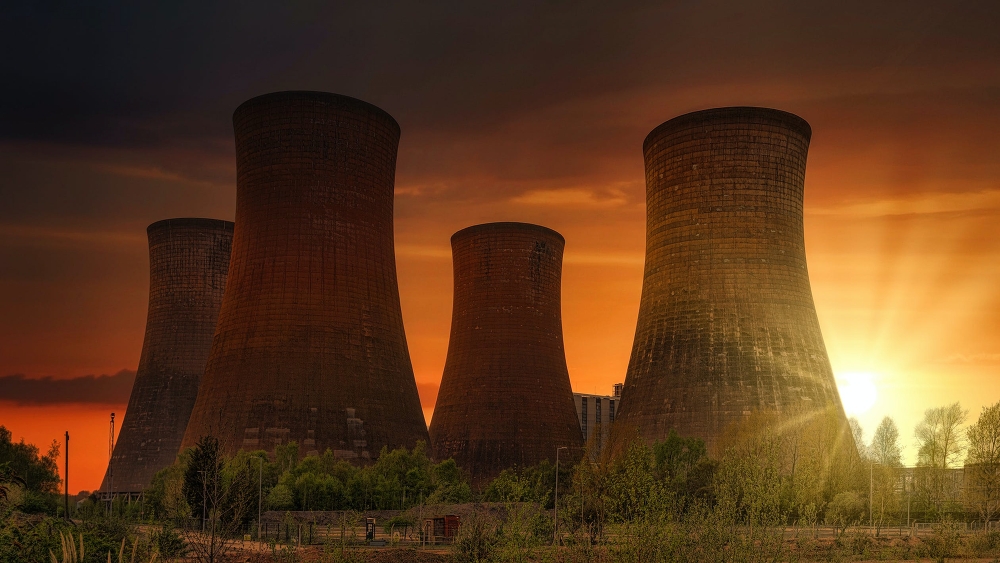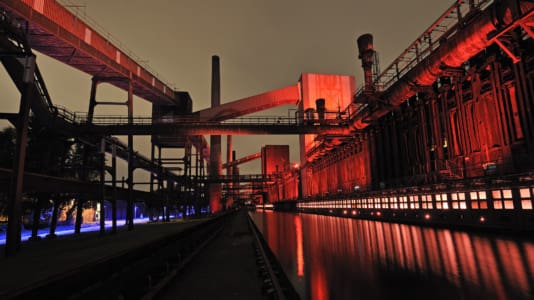The Polish government is expected to announce in the coming days that American company Westinghouse will build the first nuclear power station in Poland, according to reports. However, for political reasons, a compromise will be struck by which Westinghouse will only be allowed to build the first nuclear power station, leaving the door open for other providers.
This solution is expected to lead to delays in the project, as the European Commission is likely to block, at Germany’s behest, Poland’s intention to allow the construction of the first nuclear power station to proceed. The Czechs have avoided falling into such a trap.
The Polish government was put under pressure from the American government, which pushed the Westinghouse case and gave Poland a 30-day deadline, despite the fact that the Polish-U.S. nuclear power agreement sets no deadlines on proceedings. The U.S. pressure has been intense.
Polish Prime Minister Mateusz Morawiecki in August attempted a reset in relations with France. One of the reasons for that reset was to gain France’s help in countering German opposition to Polish nuclear power capacity. France also has aspirations to participate in Poland’s nuclear build-out.
According to portal “W zielonej strefie,” the government has opted for a “squalid compromise,” which the portal feels will lead to the delay of the whole nuclear project in Poland. The decision to give Westinghouse the right to build the first nuclear power station was only made to address French concerns and persuade them not to lobby the European Commission to block the tenderless process Poland is about to choose.
However, the French do have some strong cards they can play. Poland had, under the previous energy tsar Piotr Naimski, favored the Americans with an actual state-level agreement, which may also have been desired by the French EDF and Korean KHNP. The whole process favored the Americans since they were the only ones able to prepare a detailed offer, as they had full information about the required parameters on the basis of AP-1000 reactor, which is the technology Westinghouse uses.
According to European law, for the process to be free of public tender requirements, a member state must prove that there is only one potential offer that meets the desired criteria or that the investment is a continuation requiring the same technology. It does not seem as if Poland met these criteria. The Czechs actually did hold a tender, and its terms of reference were negotiated with the Commission.
The Polish government is aware that the choice it is about to make is likely to lead to the Commission blocking the project. Germany is already lobbying France to block Poland’s nuclear power program. However France is still counting on Poland deciding to mix technologies and allow it to participate in the program.
The danger for Poland is that the French will feel cheated in the same way they felt let down over the cancellation of the Polish tender to buy the French Caracal helicopters. If they join forces with Berlin, the result could be a serious delay to the 2033 target date for the activation of the first nuclear power station in Poland, and a political defeat for the ruling Law and Justice (PiS) just months before it seeks re-election.






